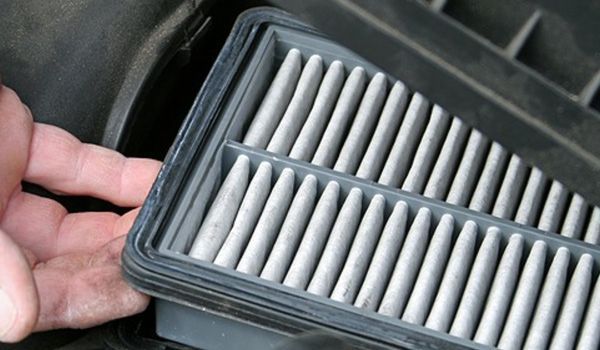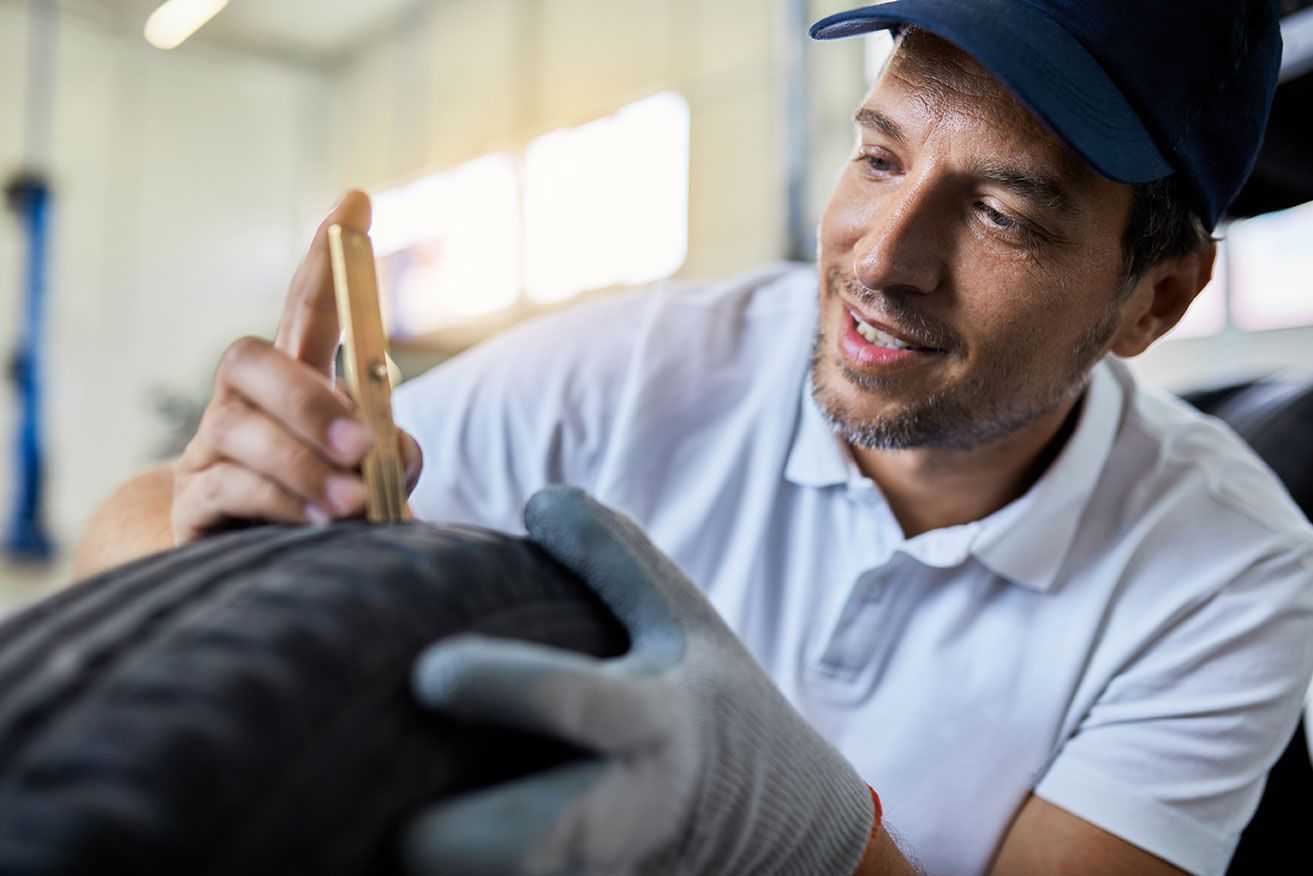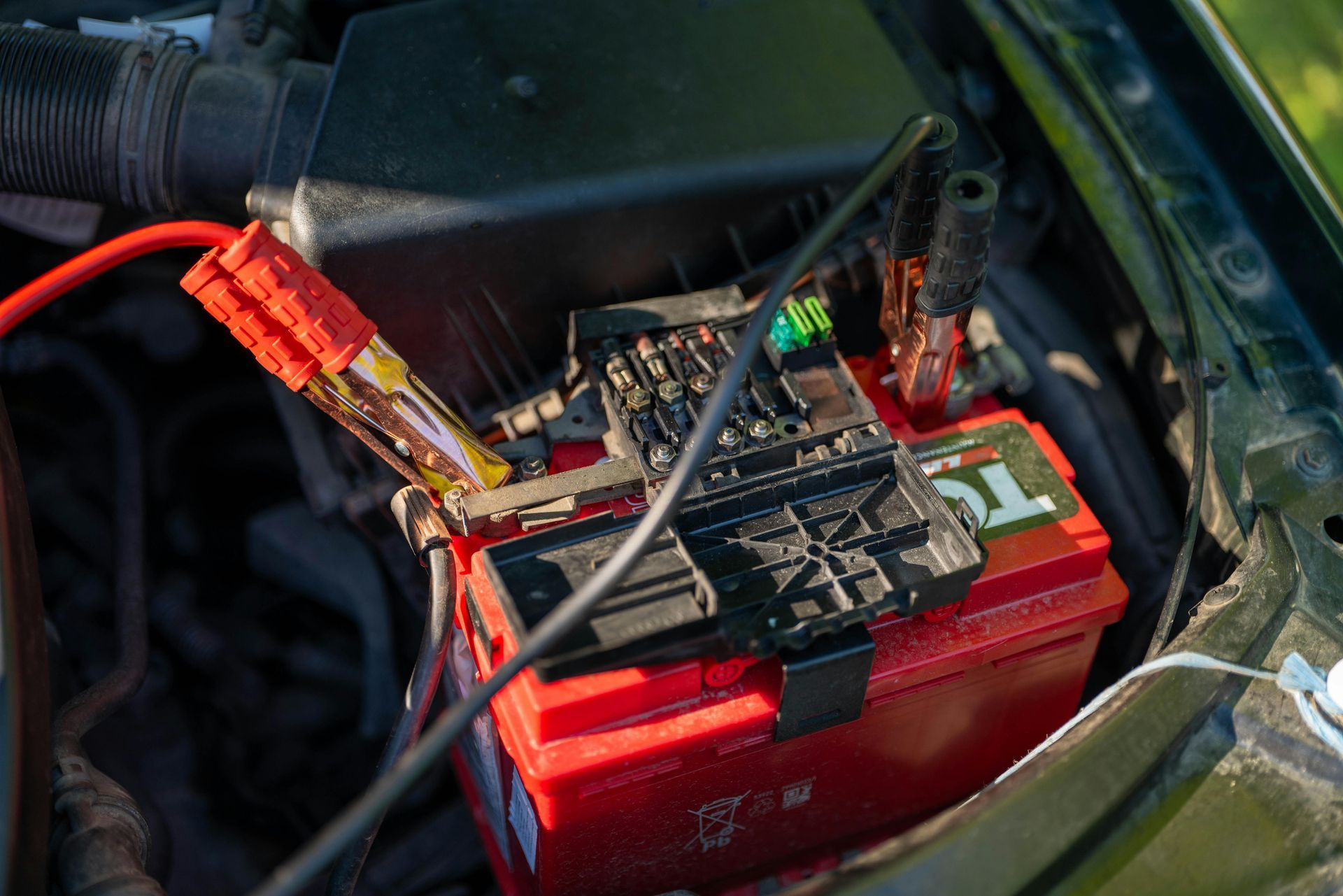What’s Up With That? Understanding Your Cabin Air Filter
Auto Shops Located in: Chapel Hill, Durham, Taleigh, Apex, and Cary North Carolina

Allergies acting up? Persistent odors when you turn on your A/C? It might be time to change your cabin air filter.
Just like your home, your car has a heating and cooling (HVAC) system. It’s what keeps you warm in the winter, cool in the summer, and comfortable in the spring and fall. And when it comes to making sure that you’re breathing the freshest and cleanest air possible in your car — and avoiding the worst of allergies and pollutants — you’ll be relying heavily on your cabin air filter.

What is A Cabin Air Filter, Anyway?
Midway through your car’s heating and cooling system, all the air that’s passing through from the great outdoors to the inside of your car’s cabin passes through — you guessed it — the cabin air filter.
This cloth fiber based filter looks a lot like the air conditioner filters in your home, with plenty of pleats that help it capture dust, pollen, and allergens. It’s usually located right behind your glovebox, and plays a key role in making sure your vehicle’s HVAC system works as cleanly and efficiently as possible.
How Your Cabin Air Filter is Like A Sponge
Probably the easiest way to understand how a cabin air filter works is to consider the common kitchen sponge.
When they’re fresh and new, both your cabin air filter and a sponge will be entirely clean and ready to “soak up” dust, dirt, and grime. Air filters take these nasty bits out of the air; sponges take them off of hard surfaces.
But as anyone who’s cleaned a kitchen knows, no sponge lasts forever. After a few weeks of use, they’ll start to look a little bit ragged — and worse yet, start developing a musty smell that’s impossible to ignore while you’re cleaning.
Lucky for you, your car’s cabin air filter lasts a lot longer than an average kitchen sponge! More on that in a moment.
But once it starts to wear out, your air filter will show a lot of the same problems as a sponge. You might notice a damp or musty smell in your car’s cabin while you’re running your fans, or you might notice that your HVAC system just isn’t able to produce as much airflow — meaning that it’s no longer capable of effectively cleaning the air coming into your car.
When Should You Change Your Cabin Air Filter?
Most manufacturers recommend changing it somewhere between every 15,000 and 30,000 miles (you can check your car’s manual to find the exact recommendation for your make and model). You can think of that as changing it on every third or fourth oil change, if you want to lump everything together into one maintenance trip.
But a lot of how often you need to change your car’s air filters depends on the quality of the air you’re usually driving in. Spend lots of time on gravel roads? That’ll cut down on your filter’s lifespan. Stuck in heavy traffic every day after work? All those exhaust fumes can really take a toll on your car’s filtering abilities.
Instead, you can know that it’s time to get your cabin air filter checked and replaced when these signs start to show up:
- Weak airflow from your vents, even when they’re set to high
- A musty or damp odor when you’re running your fans
- Excessive noise while you’re running your heating or cooling system
If any of these show up, give us a call. We can take a look at your car’s air filters and let you know whether they need to be replaced, and set you up with a new cabin air filter if your old one is worn out.















